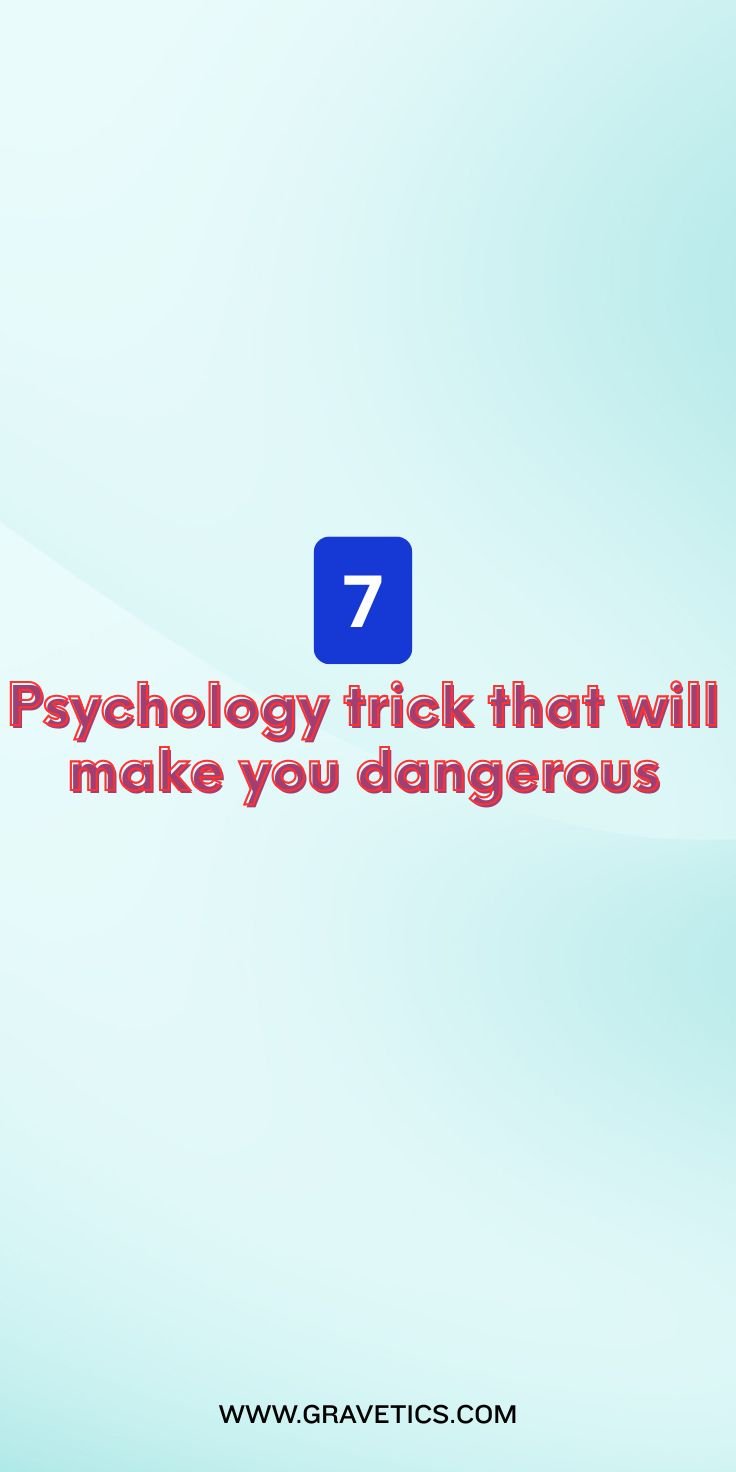Do you find yourself easily distracted during the day? Are there times when you just can't seem to focus on the task at hand? If so, don't worry, you're not alone! Many people struggle with focus and concentration issues.
However, there are a few things that you can do to improve your focus and increase your productivity. In this blog post, we will discuss some tips for improving focus and concentration. We'll also provide strategies for dealing with distractions. Follow these tips and see how much more productive you can be!

What Is Focus and Concentration and How Do They Differ?
First, let's define focus and concentration. Focus can be described as the ability to direct your attention to a single task or activity. Concentration is the ability to sustain that focus over an extended period.
Why Is It Important to Improve Your Focus and Concentration?
There are many benefits to improving your focus and concentration. When you're able to focus on a task, you're more likely to complete it efficiently and effectively. Additionally, good concentration skills can help reduce stress levels and improve overall productivity.
How Can You Improve Your Focus and Concentration?
Now that we know why it's important to improve your focus and concentration, let's discuss a few tips on how to focus (and concentrate) best:
- Find a quiet place to work: If you're easily distracted by your surroundings, find a place to work where there are fewer distractions. This could be a room in your house with the door closed, or even a library or coffee shop.
- Set realistic goals: Trying to accomplish too much at once will only lead to frustration. Set smaller, achievable goals so that you can feel a sense of accomplishment as you complete them.
- Take breaks: Don't try to push yourself too hard. If you feel your concentration slipping, take a five-minute break and come back refreshed.
- Get rid of distractions: Turn off your phone, close social media tabs, and silence any notifications. If you can, put your phone in another room so that you're not tempted to check it.
- Be mindful of how you're feeling: Pay attention to how your body is feeling. If you're tired or hungry, take a break and have a snack or take a nap.
- Practice concentration exercises: There are many different exercises that you can do to improve your concentration skills. Try searching for some online or ask your doctor for recommendations.
- Utilize transdermal patches: If you're struggling to focus, consider using an over-the-counter transdermal "focus" patch. These patches are designed to help improve concentration and focus.
Common Causes of Focus and Concentration Issues.
Many different factors can contribute to focus and concentration issues. Some of the most important to understand and mitigate are:
- Stress: Stress is a state of mental or emotional strain caused by adverse circumstances. When an individual experiences stress, they may feel anxious, irritable, and/or have difficulty sleeping. Chronic stress can lead to more serious health problems, such as high blood pressure, heart disease, and depression.
- Anxiety: Anxiety is a feeling of unease, such as worry or fear, that can be mild or severe. Anxiety disorders are the most common type of mental illness. Symptoms of anxiety can include racing thoughts, sweating, and difficulty concentrating.
- Depression: Depression is more than just feeling down or sad. It's a serious medical condition that causes a persistent low mood and loss of interest in activities. Symptoms of depression can include fatigue, changes in appetite, and difficulty concentrating.
- Fatigue: Fatigue is a feeling of tiredness that can be physical, mental, or both. Fatigue can be caused by a variety of factors, including lack of sleep, stress, and illness. Symptoms of fatigue can include irritability, difficulty focusing, and increased need for naps during the day.
- ADHD: Attention-deficit/hyperactivity disorder (ADHD) is a neurodevelopmental disorder that is characterized by difficulty paying attention, hyperactivity, and impulsivity. People with ADHD may have trouble completing tasks, be easily distracted, and be impulsive.
If you're struggling to focus, it's important to talk to your doctor so that they can help you identify any underlying cause. From there, you can help adjust your daily lifestyle to improve focus and concentration on your own.
What Should You Do When You Get Distracted?
No matter how hard we try, there will be times when we get distracted. When this happens, it's important to know how to deal with it productively. Here are a few suggestions:
- Acknowledge the distraction and refocus your attention on the task at hand.
- Take a break from the task and come back to it later with fresh eyes.
- Think about why you're doing the task and how it will benefit you in the long run.
- Use positive self-talk to motivate yourself to stay on track.
- Putting your phone on silent or in another room
- Closing social media tabs or other distracting websites
- Listening to calming music or white noise
In Summary.
Applying these tips can help you improve your focus and concentration skills. With practice, you'll be able to increase your productivity and accomplish more than you ever thought possible. Remember, if you're struggling to focus, talk to your doctor so that they can help you identify the underlying cause. Once the cause has been identified, treatment can begin.
Do you have any tips for improving focus and concentration? Share them in the comments below!




